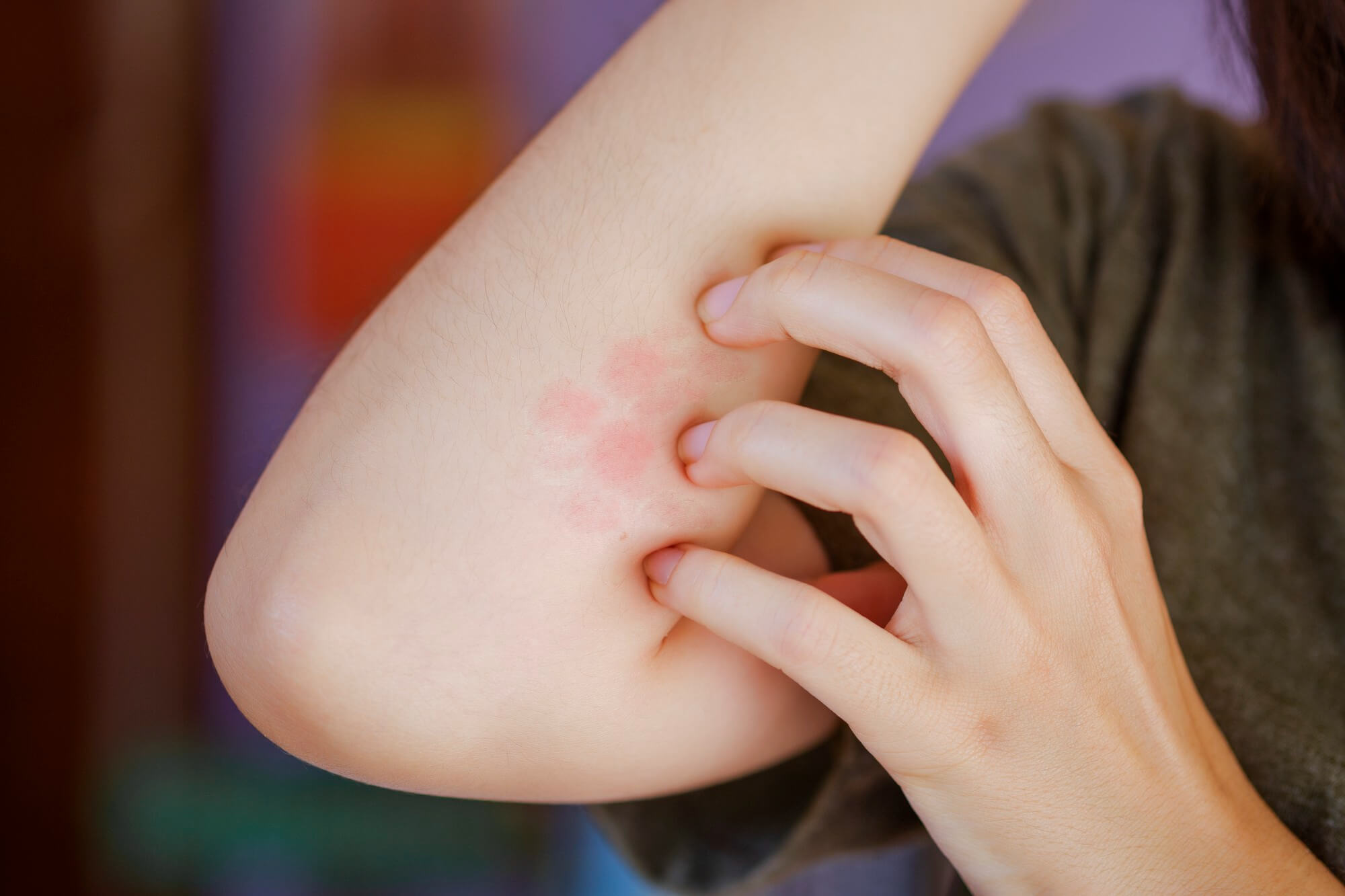Melon allergy: how to recognize and treat it


Irina Makarova
Recently, melon allergies have become a pressing problem for many people. In this article, an experienced allergist deals with the question of whether there can be an allergy to melon, how allergies from melon manifest themselves and what symptoms may occur.
What is a melon allergy?
Allergy is the body's immune response to substances that under the influence of certain factors become allergens. Melon allergy refers to food allergies, which are caused by intolerance to certain components of this product.
Melon allergy can occur in both adults and children. The peculiarity of this type of allergy is that it can occur not only after consuming the melon itself, but also after contact with its juice or flowers.
Causes of melon allergy
- One of the causes of melon allergy is heredity. If there are cases of food allergies in the family, the likelihood of a child developing a melon allergy increases.
- Another cause of melon allergy is cross-allergy. It occurs when the immune system mistakenly perceives the proteins of melon for allergens of other products to which the person already has an allergy.
- Seasonal changes and environmental conditions can also contribute to melon allergies. An increase in allergy symptoms is often seen during the ripening period of melon.
Symptoms of melon allergy

- Symptoms of allergies on the skin: itching, redness, rash or swelling. In some cases, small blisters filled with fluid may form.
- Respiratory symptoms: runny nose, stuffy nose, sneezing, difficulty breathing, or farting in the throat. In severe cases, anaphylactic shock may develop.
- Gastrointestinal symptoms: nausea, vomiting, diarrhea or abdominal pain.
- General allergy symptoms: fatigue, headache, or increased body temperature.
Diagnosis of melon allergy
To diagnose a melon allergy, the doctor takes a history and examines the patient. It is important to tell the doctor about all symptoms, as well as food preferences and relatives with allergies.
Allergy tests (such as skin tests) and blood tests for antibodies to melon allergens may be ordered to confirm a melon allergy diagnosis.
Treating melon allergies

The surest way to get rid of melon allergy is to completely eliminate this product from your diet. Contact with melon flowers and juice should also be avoided.
Medical treatment
Medication treatment for melon allergy includes the use of antihistamines (such as Cetirizine, Loratadine, Fenistil) to help relieve itching, swelling and other symptoms.
For respiratory symptoms, inhaled glucocorticosteroids (e.g. Budesonide) or symptomatic agents such as vasoconstrictor nasal drops may be prescribed.
Gastrointestinal symptoms may be treated with antacids or probiotics.
Immunotherapy
In some cases, the doctor may suggest immunotherapy, a treatment method aimed at gradually accustoming the body to the allergen. This method is used only in severe forms of allergies and is carried out under the strict supervision of a specialist.
Prevention of melon allergy

To prevent melon allergy, it is important to follow a proper diet enriched with vitamins and minerals. It is recommended that you eliminate foods that can cause cross-allergies from your diet.
If you are allergic to melon, it is worth finding alternative sources of nutrients. Instead of melon, you can consume other fruits and vegetables that do not cause allergic reactions.
Melon allergy is quite common and can manifest itself with various symptoms, such as skin rashes, respiratory disorders or gastrointestinal problems. If a melon allergy is suspected, a melon allergist should be consulted for diagnosis and appropriate treatment. Following a diet and preventive measures will help prevent allergic reactions and keep you healthy.
It is important to remember that if you experience a scratchy throat or other symptoms of melon allergy, you should immediately stop eating this product and seek medical attention. Managing melon allergies can take time and patience, but with the right approach to treatment and prevention, you can enjoy a full life while avoiding unwanted allergic reactions.
New materials
Popular Articles
We recommend reading
Contact us in the Contact Us section to ask questions, offer ideas, or for more information about our allergy resource.
Our articles are your trusted source of allergy knowledge. Learn how to make life with allergic reactions easier on our specialized portal.
©
Lechenie-Allergii.com. All rights reserved.
© Lechenie-Allergii.com. All rights reserved.
The information on this site is for informational purposes only and is not a substitute for professional medical advice. We recommend consulting with qualified medical professionals for accurate information and advice.
 English
English  Українська
Українська  Русский
Русский 









